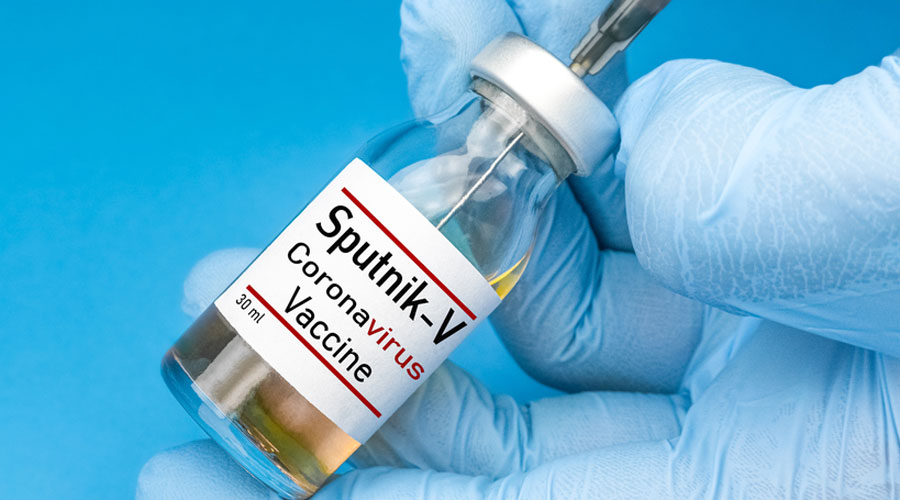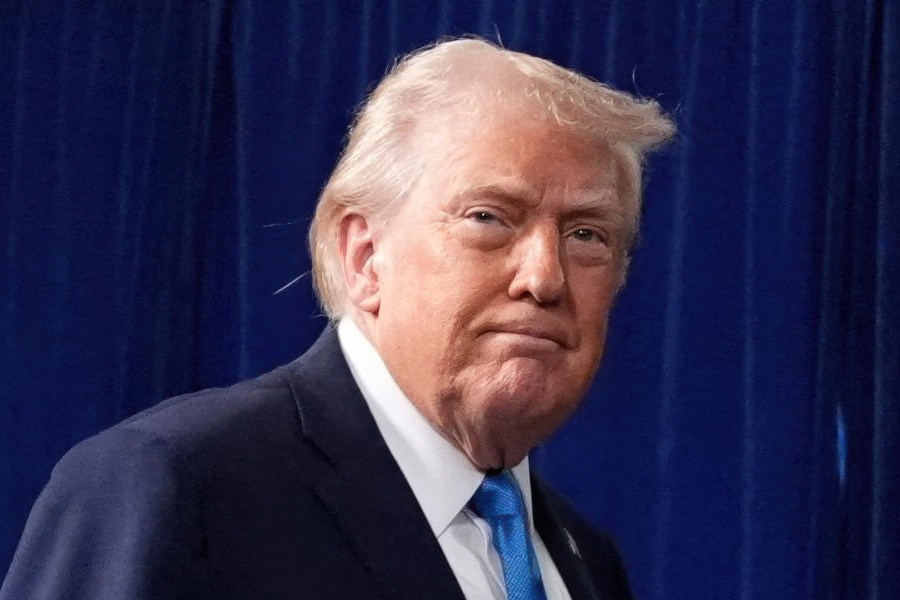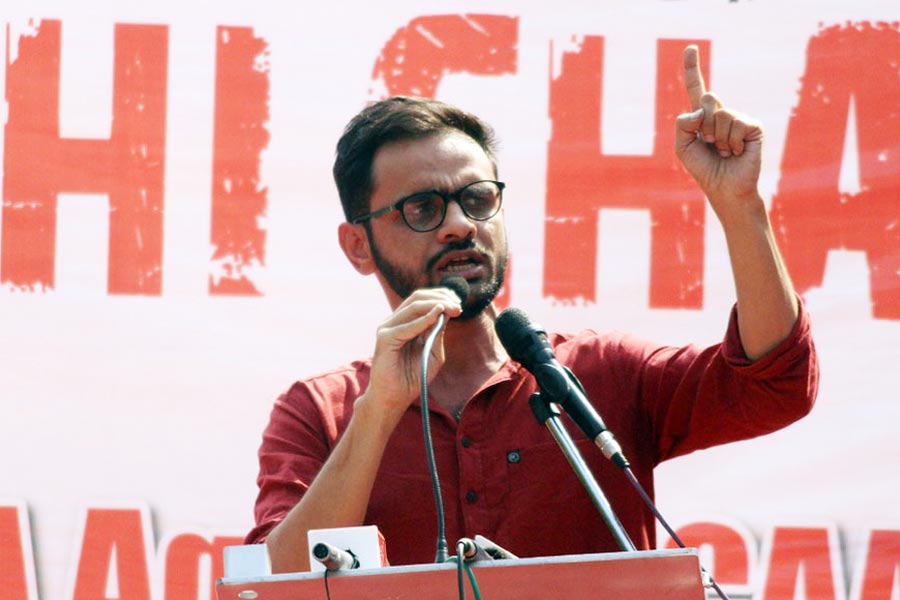An unprecedented crisis requires unconventional strategies to contain it. India is reeling under the second wave of Covid-19 with the country registering two lakh daily new cases recently. The pace of infections, unless it is arrested, threatens to overwhelm India’s uneven health infrastructure, ushering in a massive crisis. The recommendation by an expert panel to expedite the approval of vaccines that have met prescribed regulatory stipulations in the United States of America, Europe, the United Kingdom, Japan as well as those drugs that are part of the World Health Organization’s emergency use inventory needs to be seen in the light of the deteriorating situation. The fast-tracking of drugs, in theory, comes with its own advantage. It would hopefully infuse fresh momentum into India’s inoculation endeavour that is, at present, not covering enough ground. It has been reported that less than 8 per cent of Indian citizens have received a single shot; the US and the UK have managed to vaccinate almost 50 per cent of their populations. Worryingly, several vaccination centres are suffering shortfalls even though the prime minister has declared open India’s Tika Utsav. The fast-track approval would also ease some of the pressure on the supply of the two drugs — Covishield and Covaxin — that are being used at the moment.
The challenge, however, does not end with expediting drug approval. One of the risks of fast-tracking new drugs is the relative paucity of ‘bridging trials’ — the collection of data pertaining to safety and immunogenicity is likely to remain skeletal. The Union health ministry has directed only the first 100 beneficiaries to be assessed for seven days before the new drugs are rolled out. The Centre must also ensure that foreign vaccine manufacturers remain enthusiastic about making their products available commercially at the earliest. Pricing and other relevant aspects would need to be smoothened. Till these prickly issues are sorted out and the drugs actually make it to the domestic market — Sputnik, the Russian vaccine, is likely to be available only in May — India must adhere to the basic protocols of pandemic management. This would involve ramping up testing and tracing mechanisms, increasing hospital beds and related medical infrastructure and — this is most important — make India’s apathetic citizens comply with the regulations. India cannot afford to be complacent at this dark hour.











